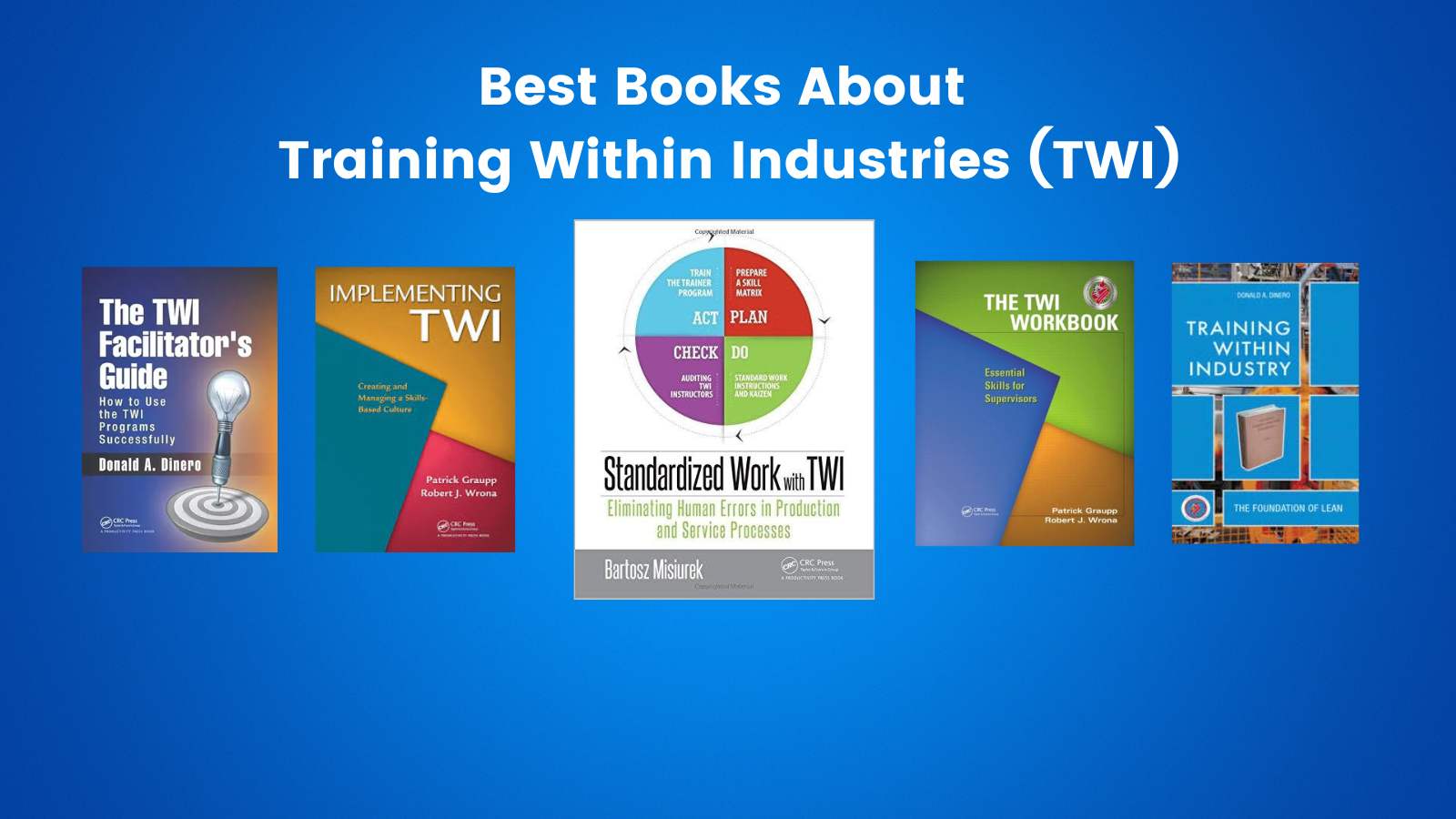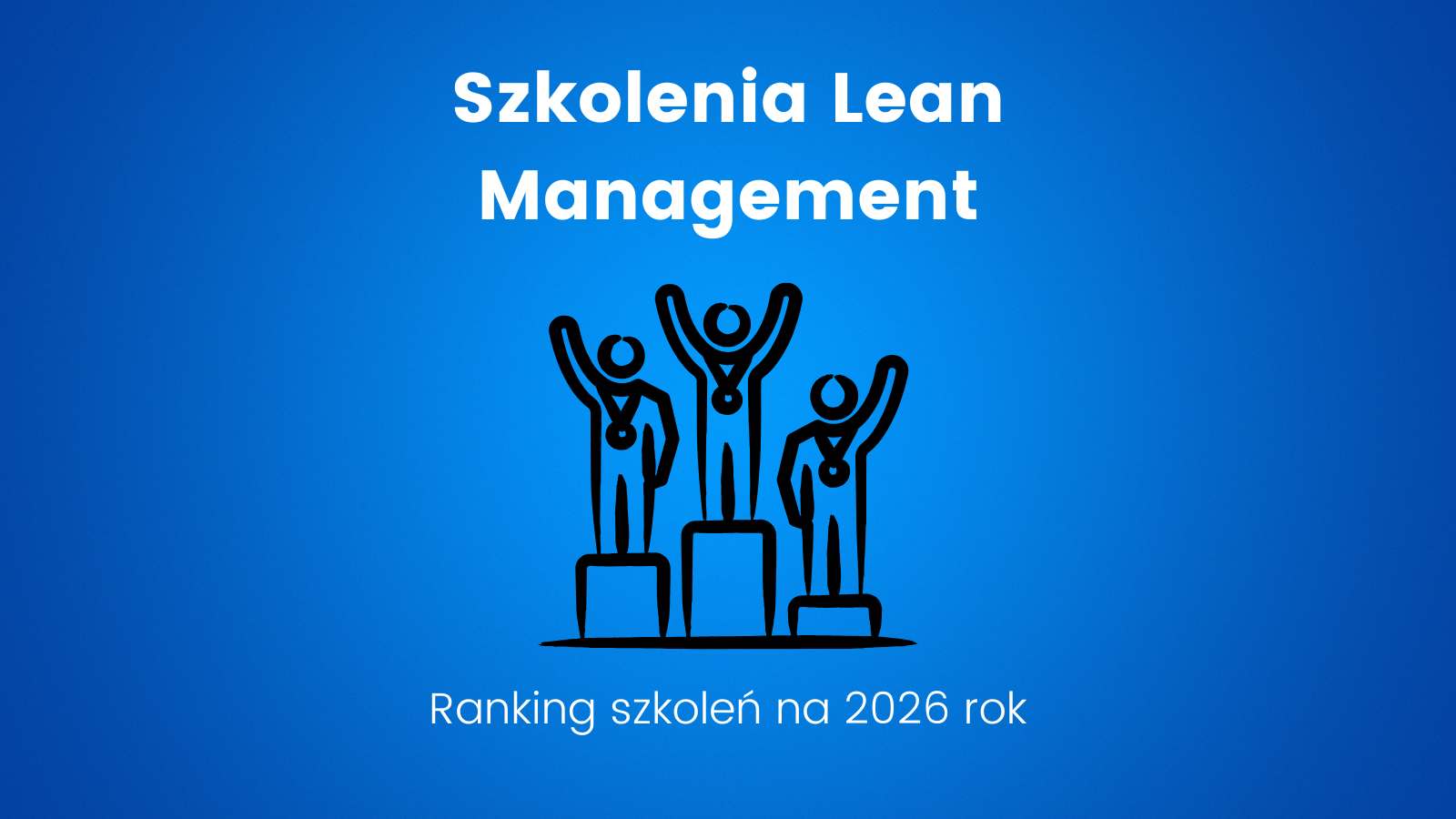What is management – 15 key truths. There are numerous challenges and realities that often go unspoken. It’s crucial for those in leadership roles to confront these often uncomfortable truths head-on. Recognizing and addressing these issues can lead to more effective management and a healthier workplace environment. Here, we delve into a thought-provoking discussion initiated by Chris Donnelly on LinkedIn, highlighting 15 such truths that every manager should be aware of.
Table of Contents
ToggleWhat is management – Introduction to Managerial Truths
Chris Donnelly recently wrote here on LinkedIn about 15 uncomfortable truths of a manager. Wondering if you’ll like them too? How about a quiz? I am curious how many of these points you agree with and which one(s) from your perspective is/are the most interesting.
- The worst time to offer someone a raise and promotion is when they have already resigned. (You didn’t notice me for so long, and now you do?)
- You don’t have a problem with “working from home”, you have a problem with trust. (Don’t you believe I can be involved without you, boss? Then think about what’s wrong with this culture)
- People don’t quit jobs, they quit managers.
- Company culture is not bean bags, free beer, or a free subscription to a meditation app. (You can’t buy this on Allegro, it’s continuous work and improvement!)
- If your team doesn’t feel comfortable enough to say “I don’t know” or disagree. (Boss, how am I supposed to improve anything if I don’t feel safe?)
- If you don’t pay people what they’re worth, others will. (Finance is not everything, but without a solid base, don’t expect miracles)
- Employees are four times more engaged when they receive regular feedback. (4 times? -hmmmm… worth working on!)
- Micromanagement doesn’t mean “hard work”, it means lack of autonomy. (Boss, how do you feel when someone forces you to do something according to their guidelines. Do you like it?)
- If your entry-level job advertisement requires real professional experience… That’s not an “entry-level” job. It’s a normal job that pays an entry-level salary to an experienced worker.
- If the actions of company leaders are not consistent with values, there will be no trust. (Don’t buy yourself a car when you talk about savings in the company! Maybe it’s not worth it?)
- Annual leave should not be used for sickness, doctor’s visits, compassionate leave, or child illness.
- If you care about your employees, your employees will care about your customers.
- Don’t expect your new employees to “hit the ground running” if you don’t provide an excellent onboarding program.
- The fastest way to kill a company culture is to tolerate and reward bad behavior. (Now it’s going to be political. There are elections in two days – choose wisely. I will definitely go!)
- It will always cost you more to replace someone than to pay them what they are worth in the first place. (Research shows that replacing someone in a higher position requires about 12 months of implementation)
Who’s up for a quiz?
In Conclusion
What is management – 15 key truths. These 15 points shed light on some of the most critical yet often overlooked aspects of management. They emphasize the importance of trust, fair compensation, effective communication, and a healthy company culture. As managers, it’s imperative to reflect on these points, not just intellectually but in our day-to-day management practices. The real challenge lies in translating this understanding into action. Your thoughts and experiences in the comments below can spark meaningful discussions, leading to better management strategies and, ultimately, a more positive workplace for everyone.
I am dedicated to helping leaders transform their approach to team engagement, ensuring that employees are not only aware of their roles but are also efficient and autonomous. Through my experience as a trainer, coach, and mentor, I have developed strategies that aid in identifying and addressing waste in companies, fostering a culture of decisive and independent team members, and promoting a collaborative and efficient work environment. If you find yourself caught in the cycle of constant decision-making, dealing with unengaged employees, or facing team conflicts, I’m here to support your journey toward an empowered and proactive team. Together, we will focus on enhancing communication, promoting collaboration, and aligning your team’s efforts with organizational objectives.







